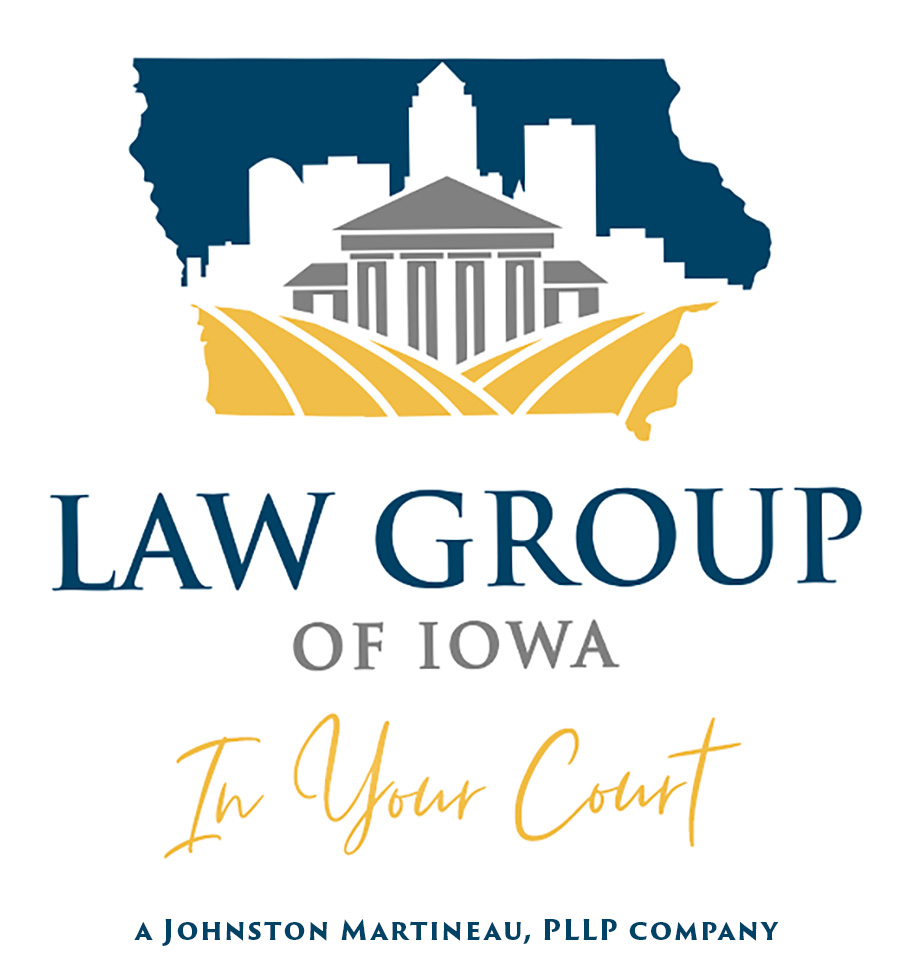Iowa Estate Document Selection Guide
Typically, clients contact our firm requesting a specific service, such as preparing a will or organizing a trust. Wills and trusts are specific solutions to specific goals. We have found that once we meet with our clients and we dig a little more deeply into their needs and goals of the client, we find that their needs are different from the solution they thought they needed. Why is that?
People have many ideas as to what a will or a trust does, but the law requires strict adherence to specific legal tools—far beyond just a will or a trust. Therefore, it is imperative that your legal counsel identifies which solutions will best suit your needs. In some cases, a will may not be the best solution, or perhaps, a suite of solutions may be more effective.
A will, also known as a last will and testament, is a document that provides a living person a means of conveying their wishes for the disbursement of their property after their death. Wills have evolved a great deal since they were first used thousands of years ago, but the general purpose remains the same—it is a document that tells the survivors of a person to know how to distribute assets and other parts of their estate.
A trust on the other hand is different in that it resembles a corporation. Much like a corporation, a trust is a distinct entity from a person and continues to survive the death of the creator of the trust. The trust, just like a corporation, is governed by a trustee or a group of people. Why would someone want a trust?
We most commonly recommend trusts for people who want to ensure that a loved one receives financial security because the intended recipient of the funds has a disability (special needs trust), a history of addiction, substance abuse, or mental health disorders, or to decrease the general taxability of an estate. In the last example, the idea is to help avoid Iowa’s inheritance tax for those recipients of funds from a deceased person that is not a lineal ascendant or descendant.
There are also hybrid forms of wills and trust known as testamentary trusts. These are trusts created by the text of a will. In many ways it’s the best of both worlds—a document that informs your survivors of who gets what and it helps to protect the long-term interests of the deceased. There are many other documents that would accompany a will and/or a trust, such as a living will, medical directive, DNR, and durable power of attorneys. Which do you need?
Give us a call and we will work hard to create the most effective strategy for you.
